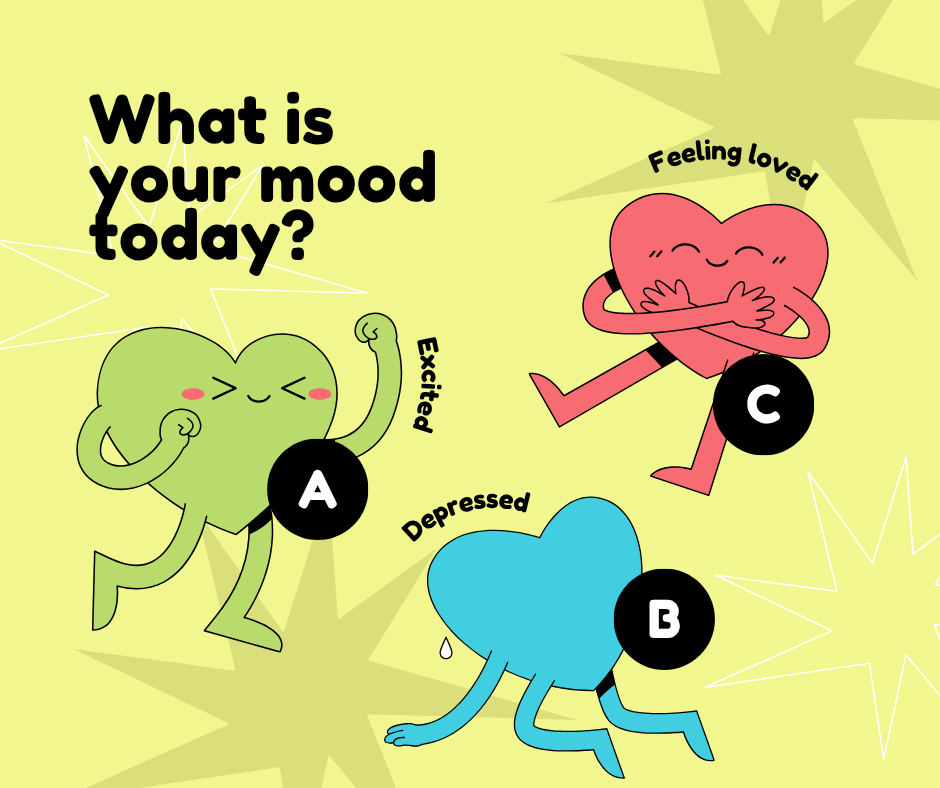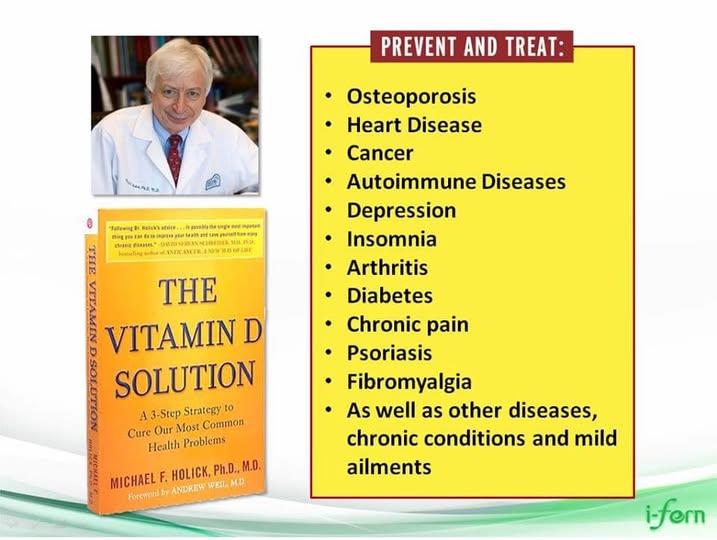Vitamin D, often called the “sunshine vitamin,” plays a crucial role in maintaining strong bones, a healthy immune system, and overall well-being. Yet, millions of people worldwide suffer from Vitamin D deficiency—often without even knowing it.
Recent studies have revealed a concerning connection: Vitamin D deficiency is associated with an increased risk of mortality from various causes, including cardiovascular diseases, certain cancers, respiratory infections, and even all-cause mortality.
Why Vitamin D Matters More Than You Think
Vitamin D helps regulate calcium and phosphate levels, vital for healthy bones and muscles. But its benefits go beyond skeletal health. This nutrient is also involved in modulating immune responses, reducing inflammation, and supporting metabolic function.
Low levels of Vitamin D have been linked to:
-
Increased risk of heart disease
-
Higher likelihood of respiratory tract infections
-
Weakened immune function
-
Mood disorders such as depression
-
Greater chances of dying prematurely
A meta-analysis published in BMJ and The American Journal of Clinical Nutrition suggests that people with low serum Vitamin D levels have a higher risk of early death compared to those with sufficient levels.
Who’s at Risk?
Anyone can develop Vitamin D deficiency, but it’s more common among:
-
People with limited sun exposure
-
Older adults
-
Individuals with darker skin
-
Those with chronic conditions or on certain medications
-
People living in polluted or high-latitude areas
What You Can Do
The best source of Vitamin D is sunlight—but due to lifestyle, environment, or medical conditions, many people don’t get enough. That’s why health experts recommend supplementation, especially if you’re in a high-risk group.
Looking for an award-winning Vitamin D supplement? Try FERN-D.
Trusted by health professionals. Free shipping. Cash on Delivery available!
Disclaimer:
This article is for informational purposes only and is not intended to replace professional medical advice, diagnosis, or treatment. Always consult your doctor or a licensed healthcare provider before starting any new supplement, especially if you have existing medical conditions or are taking other medications.





